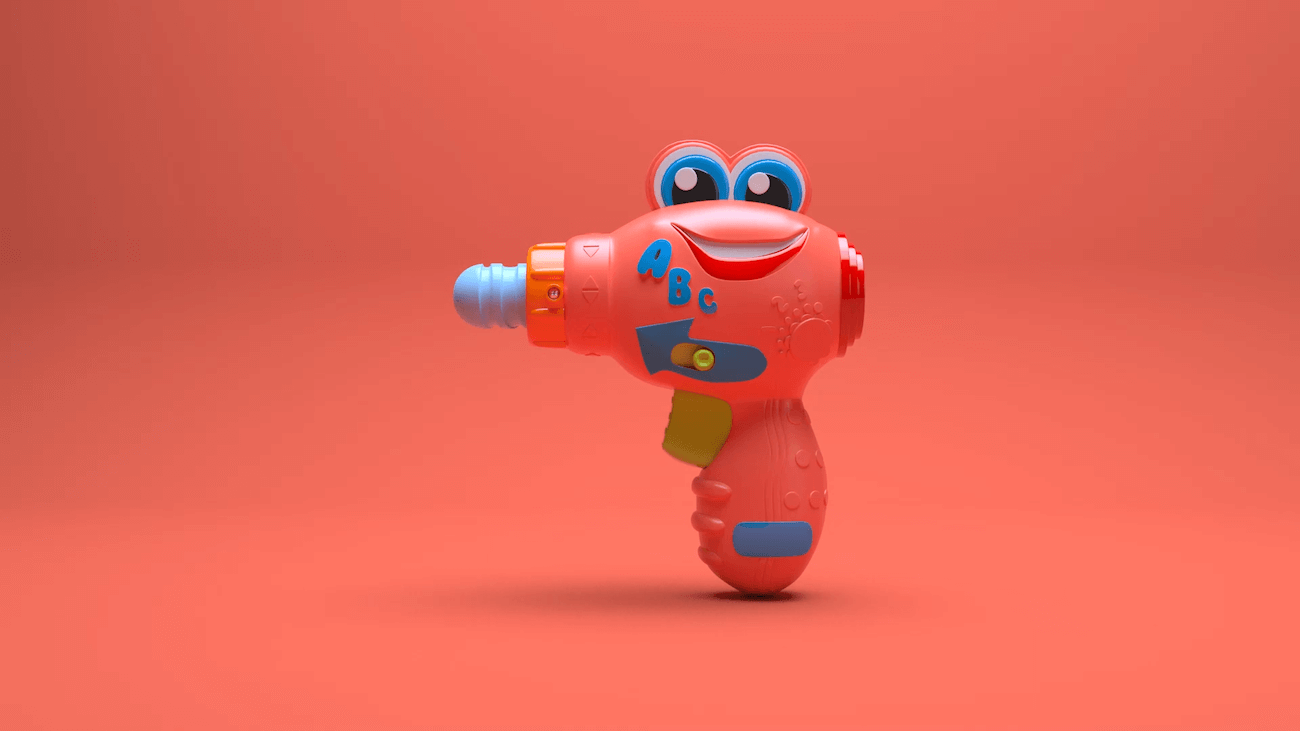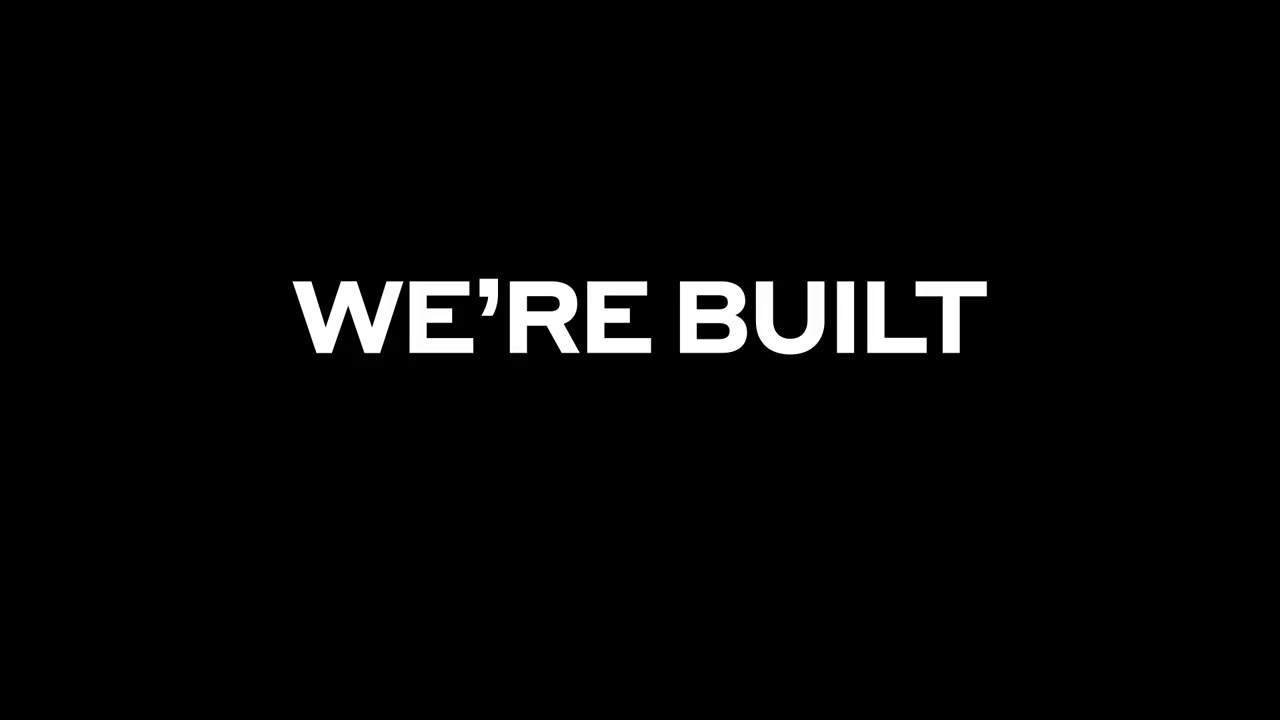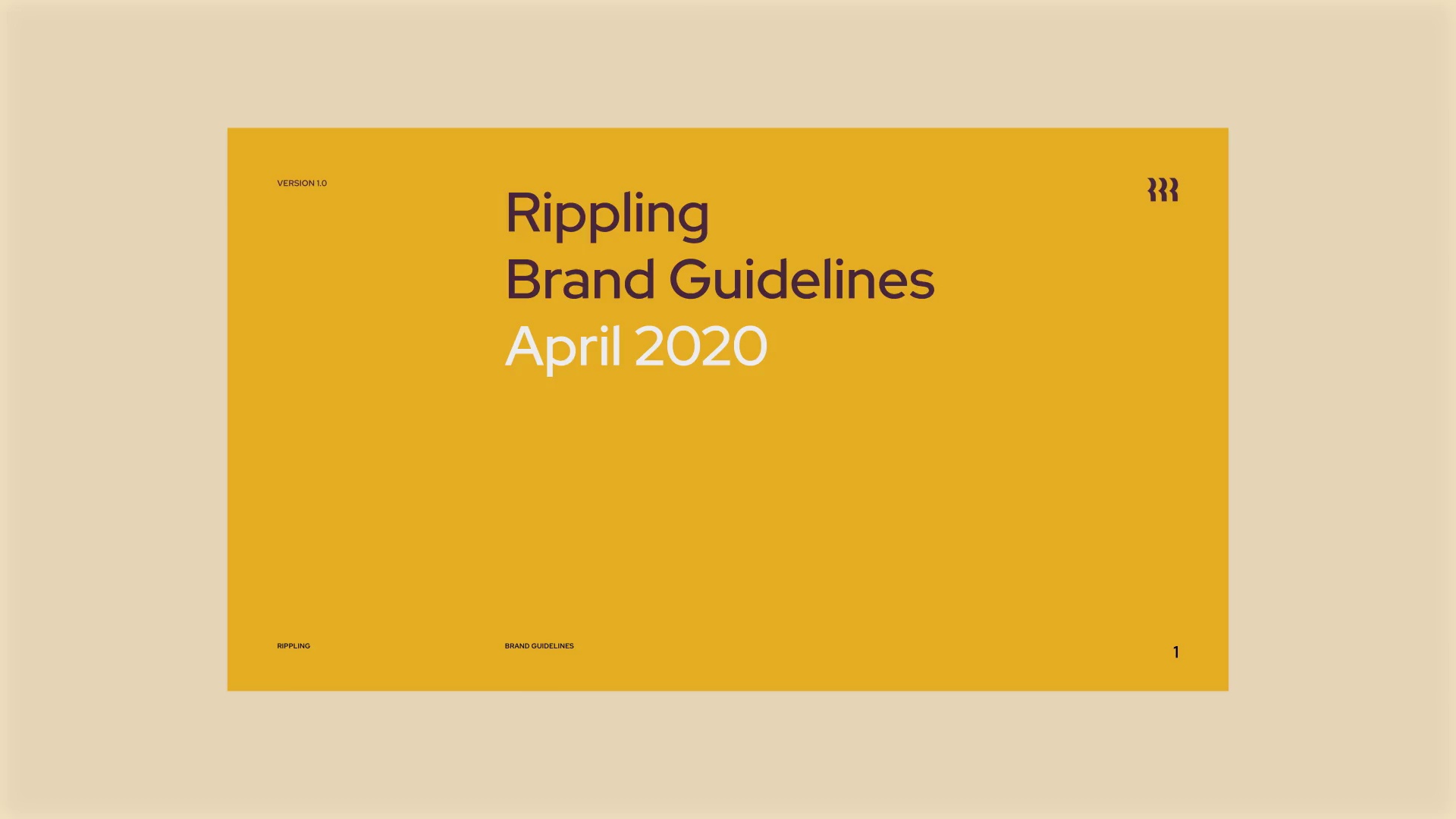How we pulled off an in-house rebrand in four months
In this article
This is the story of how a fledgling creative team rebranded a Series A startup valued at $270 million and saw it almost instantly become a Series B company valued at $1.35 billion. Not that the rebrand alone was responsible for the boost — but it’s certainly worth talking about.
Prologue
Since the launch of the new Rippling brand, several CMOs and founders have come my way with questions about how we approached the work. I’m always happy to talk it out and advise them on specific situations they may be facing.
Through these interactions, though, I’ve come to realize just how opaque the (re)branding process can be and just how many organizations are struggling through it, often with little to no context or guidance. Which is why I thought I'd share a detailed and somewhat raw account of Rippling’s rebranding: I hope it will shed some useful light for organizations embarking on their own.
Stage setting
Stepping into the position of Brand Lead at Rippling meant stepping into some choppy water. The executive team had mixed feelings, perceptions and objectives when it came to scope, budget, and deliverables:
The state of the company name and mark
The “creative process”
What specifically I was there to do
Not a huge surprise.
What was a surprise — and a pleasant one — was the tight alignment the executive team had when it came to the company and product and what makes both so special. Things like:
We solve problems with software, not by adding more employees
As a product, Rippling is premium and powerful
Rippling scales with our customers, and our brand should do the same
We don’t just service hipster coffee and flower shops — we help (for example) mid-sized, midwestern manufacturing businesses, too
From my perspective, the latter situation canceled out the former, and my concerns were quickly alleviated. Call me an optimist.
Keep in mind that I was a Brand Team of one. We had a strategy partner to lean on, but beyond that I was filling the positions of captain and crew.
Here’s how that went…
WEEKS 1-2: Getting to know ... everything
The company leaders. The company culture. The brand as it stands. The competition. The aspirations and inspirations. The opportunities and limitations.
I had to get up to speed on all of these and more. I also had to make sure my understanding aligned with everyone else’s — namely, the executive team’s. This took about two weeks (sounds long, but sure didn’t feel like it) and entailed a lot of listening and looking around. Specific quotes were definitely captured for reference later on.
One suggestion in particular helped set the tone for me: “Don’t pee on the fire hydrant.” A weird one, I know, but the point was that I shouldn’t start messing with things just to leave my mark—and, just as importantly, that I shouldn’t let it look like I was. Solution? Have an early discussion specifically about what cannot change, what might change, and what must change.
Original audit of the previous visual identity system
The good news: everyone I talked to seemed to be on the same page. That didn’t just make it easier to gain the support I needed — it also made it easier to chart a path forward.
I was now able to explain why I was here: to build a scalable Rippling brand as sophisticated and beautiful as the Rippling product.
Just as importantly, I was able to set clear expectations for what came next...
WEEKS 3-5: Getting ahead of ourselves — on purpose
Typically, we’d start with the brand strategy — positioning, persona, brand narrative, etc. This generally serves as the foundation for an effective visual identity.
But I wanted to save time and money.
So I made the decision to develop the brand strategy and visual identity in tandem. I was confident in the move given how aligned everyone seemed to be on all dimensions of the company.
Project plan in Asana, including stacked timelines
After briefing our brand strategy partner, A Hundred Monkeys, I turned my attention to creating preliminary moodboards as visual starting points for discussion and decisions. These included both original sketches and sourced inspiration.
Direction-setting moodboards to get the team aligned
At this stage I wasn’t trying to solve anything. I wasn’t trying to make any recommendations. I was strictly sparking and facilitating conversations that would get us headed in the right design direction.
The reactions from our CMO and marketing team were positive and consistent — they even zeroed in on a single direction — so I scheduled time with our COO. His opinion was an echo of the ones I’d heard. We were off to the races.
Final moodboard based on input from the executive team
So a couple of risky moves led to a rapid acceleration of the design process. Not a bad way to get a jump on…
WEEKS 6-7: Building the brand team (part 1)
First of all, know that A Hundred Monkeys was out there getting our positioning in order. The brand mission, vision, and values were already formalized (prior to my arrival), so it was really a matter of getting all the words just right. A few iterations and we hit the spot:
Final full positioning statement
Back at Rippling, it was time to enlist key contributors and have early-stage chats with outside production partners. First up was a versatile, vector-based illustrator to riff on my rough logo sketches. Next on board was a typographer. We were rolling.
Preliminary logo hand-sketches
About the logo: From a purely functional perspective, we needed a symbol that worked at tiny sizes in our software product. Tonally, I wanted something that evoked speed and power with an implicit human vibe.
With my team of two focused on the logo, I was able to center my attention on other visual assets while navigating a multitude of CMO and CEO requests. Stuff like:
“Pick a color that I can see on a billboard from miles away.”
“Every tech company uses cartoons these days. Pick a style that matches our product. High performance.”
“Make sure our icons and fonts work well in both product and marketing.”
“Do something cool with our paystubs.”
Before growing the team any further, I had progress to make...
WEEK 8: Building trust (again)
Seven weeks in startup time is like six months. So at this point I was feeling a lot of people buzzing around my desk, curious to see "cool creative stuff."
The buzziest was our CEO, Parker. Great!
See, he wasn’t used to having access to a creative team or exposure to the process. He was also eager (to say the least) to see his vision of the company translated into this squishy thing called “brand,” and he hadn’t been shown any tangible expressions to date.
I’m a worrier, and I was worried that Parker wasn’t sure I “got it.” The pressure was on, but it was a familiar feeling. I knew I had to keep cool and stay the course. But maybe I could offer Parker something in the meantime to show him I was listening.
Who is Rippling? I was going to answer that question visually.
Revisiting my notes to date, I zeroed in on four main items:
Our competition is either big, slow, and technologically dated (ADP), or nimble and modern but able to service only very small businesses (Gusto)
Our product is really, really powerful
Our product is really, really premium — but we don’t take ourselves too seriously
Ultimately, our identity needs to resonate with fast-growing tech and mid-sized companies from coast to coast and all the places in between
A stroke of inspiration: let’s convey how Rippling distinguishes itself from the competition through a simple visual metaphor.



Drill metaphor for Rippling's competitive position
I showed it to Parker. I mentally prepared to be escorted out of the building. He told me I got it just right. Dopamine flooded my brain. I had officially proven myself to the boss, just in time for...
WEEK 9: Building the brand team (part 2)
I needed to expand the contract team to help advance the many dimensions of the brand launch — far too much for just three people. From a team-building and management standpoint, my goal was to:
Create excitement for the work by sharing a focused but not final vision
Give the team creative skin in the game by letting them shape the foundational assets (within very specific boundaries)
With that in mind, I put together a team that included:
Design director
Motion designer
Brand designer
Product/web designer
2D illustrator
Copywriter
3D illustrator
Presentation designer
Icon designer
Production designer
The average hourly rate was $85, and we burned approximately $40,000 per month. Hours were tracked and reported weekly.
In my experience, a full, best-in-class rebrand — from logo to website — runs about $500,000. This one would ultimately come to about $250,000. I attribute those cost savings to the quality of the team and our ability to work seamlessly from many locations.
To keep this fully remote, contract team connected, we committed to a common set of tools from the beginning. The key was right-sizing for our needs, ensuring 100% adoption and no unnecessary complexity. Our arsenal included:
Google Sheets for time tracking
Google Slides for presentations
Google Drive and File Stream for file storage and organization
Adobe Creative Suite for obvious reasons
Figma for web design
Slack for real-time comunication
Asana for project management
Rippling for payments
Assembled and equipped, we were ready to make a brand...
WEEKS 10-12: Putting it all together
The two-week sprint leading up to our internal presentation of the new brand included finalizing core assets and composing them into example applications to help the executive team see how everything would come to life.
Final brand snapshot in eight-box visual framework
Before sharing with Parker, I decided to give a sneak peek to a group that included our CMO, COO, Head of People, Product Marketing Director, Product Marketing Manager, and a few others.
It bombed.
The top executives shared their grievances first, encouraging (and maybe intimidating) others to express the same viewpoints. I’ll spare you the gory details, but just know that I walked away from that meeting battered and bloody.
I didn’t have much time to reflect, but I used what little I had and quickly came to a realization: it wasn’t the work that flopped but rather the way I had presented it. I had come loaded with dozens of slides. Too many details. Too much lead-up.
Talking with our CMO, Matt, I also learned that he had interpreted the presentation as the final deliverable — the sum total of how the brand would be applied for the foreseeable future. Whereas I knew the example applications were just that (examples), he took them as finished assets intended to be deployed in the market.
Once I understood this, I was able to remind Matt that he wasn’t working with an agency but had an in-house brand team at his disposal. I wasn’t dropping a brand presentation on his desk, collecting my check, and hitting the road; rather, we were collaborators, and the brand is a living thing that could (and would) evolve over time.
We refined the creative work based on the input we’d received, streamlined the presentation (and included specific stakeholder quotes to show how closely we’d listened), clarified how to interpret and assess the work, and shared it with the same leadership team again. Heads nodded. It was time to share with Parker.
Taking guidance from Matt and our COO (also named Matt), I further fine-tuned the presentation to hit Parker’s precise interests at Parker’s preferred pace. The only setup was an emphasis on the exact parts of the presentation where we were asking for decisions and approvals.
It went as well as it could have. Parker was pleased and gave his blessings where I needed them.
And that was a very good thing because as soon as the meeting was over, I had to get the team going on the brand launch...
WEEKS 13-15: Launching the new brand (internally)
The date of the internal launch was set to coincide with the Rippling holiday party. Our goal was to get everyone in the company hyped. To that end, we had to put ourselves in the shoes of all employees. Which is to say, we needed to think — and speak — like engineers and salespeople.
So obviously, we created a slide presentation. We made it breezy (10 slides) and covered just the essentials:
What’s changing
Why it’s changing
Why it’ll help us scale
For added inspiration, we created a sizzle video. There’s nothing like a good sizzle video to get employees on board with a rebrand.*
Internal sizzle video to get employees excited and inspired
* With a startup, you need to walk a fine line of production value with something like a sizzle video. If it looks too expensive (even if it wasn’t), current and potential investors may very well think you’re spending it all on marketing instead of on the product — not a good thing. This very helpful tip came from our COO.
WEEKS 13-15: Launching the new brand (externally)
The date of the external launch was driven by an out-of-home media buy that was placed before I even joined the company. Note: for a product like ours, out-of-home has proven to be a particularly effective marketing tool.
The direction from our CMO was to be direct and descriptive. We all agreed that typical promises like “tech will save the world” were not for us. So we punctuated bold messages centered on our value proposition with the tagline “Work Magic” — a straightforward punchline that shouldn’t need any explanation.
As it turned out, one of the more competitive messages struck a particular chord: “Outgrowing Gusto? Presto change-o. Work Magic.” To our surprise, we were hit with a cease-and-desist order from Gusto. In line with a new brand principle, “Touch of playfulness,” we decided to respond to the letter with a poem. A cease-and-desist rebuttal, in poem form, by Rippling's General Counsel, Vanessa Wu.
We released it publicly, and it created some real buzz. Not a bad way to launch a brand.
Back on the internal side of things, meanwhile, we were hard at work finalizing the brand guidelines and gearing up for the main event that would be the website rebuild.
My first goal for the guidelines was to scale myself with a tool instead of with more heads. My second goal was to leave the world of PowerPoints behind and create a really exciting, inspirational asset...even if it happened to be in Slides format. I think I succeeded.
Brand guidelines overview in Google Slides format
WEEK 16: Creating a growth ad campaign
With brand guidelines in place and billboard campaign in market, we moved on to develop a series of rough digital growth ads to start testing the brand more deliberately. We obviously hoped the ads would drive leads, but more importantly (at this stage) we wanted them to yield insights like:
Which background colors work best?
Which headlines are hitting the mark? With whom?
Which features and benefits drive the most interest?
Does illustration or photography work best?
Does lifestyle or portraiture work best?
What’s the best way to visually merchandise our product? (On a device or not?)
This wasn’t a precious, refined campaign. We were thinking and working like product designers, embracing iteration and continuous improvement. It was more of an exercise — and a fun one — intended to help guide future assets and applications, especially the website...
WEEKS 17-40: Launching and launching and launching a new site
For everyone’s sake, I’m going to make a long story short.
Website rebuild, act 1
We spent upwards of $40,000 fully redesigning the site and immediately realized the quality of work wasn't up to snuff. Solution? Swap the new logo onto the existing site and keep working.
(The logo switch obviously had zero effect on site performance. But at least the logo matched the ads!)
Website rebuild, act 2
We kept at it, honing design, content, and functionality to ensure that everything lived up to our new positioning. When it felt up to snuff, we put it out there.
Website rebuild, act 3
We measured performance (with demo sign-ups as our top metric) and fine-tuned things to boost it. We also kept refining the words and pictures to best embody the brand. The result? A 50% increase in organic leads for our sales team.
And we continue to refine things, week after week.
Selected pages from the new Rippling website
WEEKS 41-43: Helping our colleagues out
With our website up and our growth ads out in the world (generating loads of marketplace reactions, all of which we fed back into the brand refinement machine), we began the process of updating sales and marketing materials. Our sales and marketing stakeholders had been waiting a long time for our help, so we prioritized assets, set up sprint cycles, and got to it.
In the short term, there were a lot of bespoke materials. But we also made an effort to templatize as much as possible to drive future efficiencies — things like whitepapers, one-sheeters, and emails that we knew teams would be creating a bunch of as time went on.
WEEK 44+: Patting ourselves on the back
There’s no way around it: we had to create a case study of the rebrand and submit it for awards. Self-congratulatory? Yes. Important for press exposure and employee energy? Double yes.
When it comes to publicizing rebrands, UnderConsideration’s Brand New is the authority. So we purpose-built our case study for that platform.
Full disclosure: I decided to invest $10,000 of Rippling's money in this because I knew from experience it would pay serious dividends. So far, I was right.
In the end, the case study included all the standard bits: a thoughtful but brief explanation of the company, product, and creative solution, plus key visual assets like the logo, sample applications, and some unique and unexpected items like our values animations.
Animations of our company values
Coming up next
So the new Rippling brand is in place. This isn’t the end — it’s the beginning.
Now we need to manage it, monitor it, adapt it to product and marketplace changes as they arise, and keep it working consistently, efficiently, and effectively. To do that we’ll need clear goals, the right team, seamless communication and processes, and a well-managed budget and operational infrastructure.
That’s what I’m focused on now, and it’s what future blog posts will cover:
How we “did something cool with our paystubs"
How we recruit and retain top creative talent as a nerdy HR and IT software company
Which processes, tools, templates, and operational frameworks work best in managing our decentralized team
How we think simultaneously about the short term and long term
How we identify good creative opportunities to rally around
Why my first full-time hire was in operations, not design or content (this won’t be as boring as it sounds)
So, you know, check back soon. And, in the meantime, feel free to share your thoughts on my story thus far.
Disclaimer
Rippling and its affiliates do not provide tax, accounting, or legal advice. This material has been prepared for informational purposes only, and is not intended to provide or be relied on for tax, accounting, or legal advice. You should consult your own tax, accounting, and legal advisors before engaging in any related activities or transactions.
Hubs
Author
Nick Wiesner
VP of Brand
Eager to transform an up-and-coming company in an industry ripe for creative disruption, Nick joined Rippling in 2019 with over 15 years of experience and built its brand from the ground up. Now, he leads an in-house team of 40 in activating a full-funnel strategy—including events, content, social, web design, corporate messaging, customer storytelling, paid media, and sponsorships.
Explore more
See Rippling in action
Increase savings, automate busy work, and make better decisions by managing HR, IT, and Finance in one place.






























































































